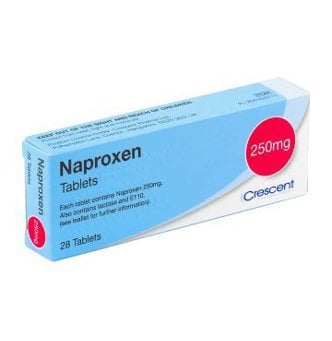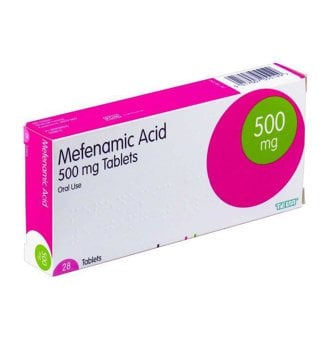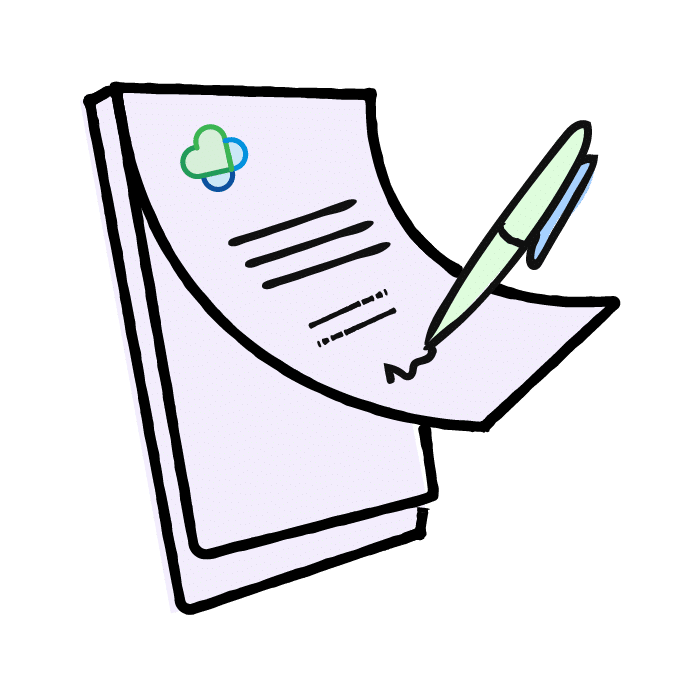Prior to purchasing naproxen tablets, it’s important to be aware of the potential impact on your stomach, especially when used over a long period of time.
Studies have demonstrated that the prolonged use of NSAIDs such as naproxen can result in the development of peptic ulcer disease. This condition is characterized by painful ulcers forming in the lining of the stomach or small intestine.
If you regularly take Naproxen and have a higher chance of developing a stomach ulcer, The Family Chemist recommends a medicine to safeguard your stomach.
A proton pump inhibitor (PPI) such as Omeprazole, is helpful in protecting the stomach while taking naproxen, an NSAID. By inhibiting the production of stomach acid, it significantly lowers the risk of stomach ulcers and other gastric issues.
Proton pump inhibitors are a type of medication that is frequently prescribed for the treatment of acid reflux, stomach ulcers, and gastro-oesophageal reflux disease (GORD).
To safeguard your stomach and prevent discomfort, it’s crucial to consume naproxen with a meal or immediately after eating.
To ensure adequate protection for the stomach lining when taking Naproxen, it is recommended to take Omeprazole before eating. This will allow Omeprazole to be fully absorbed by the body, preparing the stomach for Naproxen.
You can take Omeprazole capsules with or without food, but make sure to take them in the morning before taking Naproxen.







